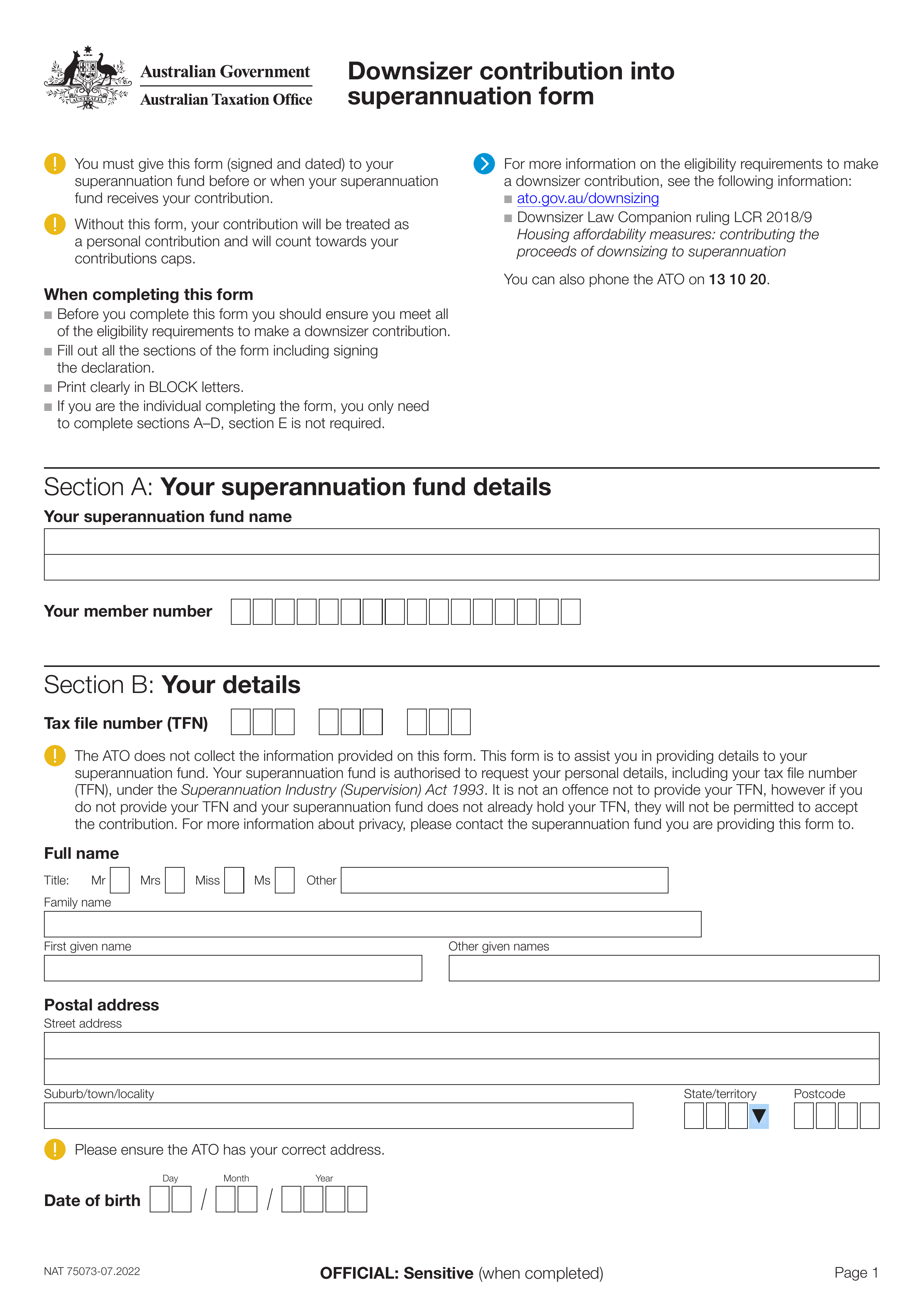What is NSW Statutory Declaration?
A NSW statutory declaration is a formal written statement in which an individual swears or affirms the truth of specific facts. This document is commonly used for official purposes, such as visa applications, insurance claims, and legal matters. Its significance lies in providing a legally binding method to confirm information, ensuring both accuracy and honesty. To be considered valid, the declaration must be witnessed by an authorized individual, such as a Justice of the Peace.
What is NSW Statutory Declaration used for?
A NSW statutory declaration serves various important functions. Here are some key uses:
- Verifying Facts: To confirm facts and support official processes.
- Identity Confirmation: To prove a person's identity.
- Document Support: To support documents with government bodies.
- Business Registration: To update business registration details.
- Fine Transfers: To transfer fines or other official documents.
- Visa Applications: To support visa applications.
- Insurance Claims: To support insurance claims.
- Business Loans: To apply for business loans with a bank.
How to fill out NSW Statutory Declaration?
- 1
Select the suitable document: Choose between the Eighth Schedule or Ninth Schedule forms.
- 2
Add relevant facts: Include the details or statements you wish to declare.
- 3
Prove your identity: Provide a valid photo ID, such as a driver's license, photo card, or passport.
- 4
Take it to an authorized witness: Go to a Justice of the Peace (JP), notary, or legal practitioner.
- 5
Ensure accuracy: Verify that all information is true and accurate.
Who is required to fill out NSW Statutory Declaration?
In NSW, a statutory declaration must be completed by a natural person or an authorised officer of a corporation. A legal practitioner can also make a declaration under their own name if they have power of attorney.
After completing the declaration, individuals use it for purposes like verifying identity, transferring fines, or applying for loans.
When is NSW Statutory Declaration not required?
Form Statutory Declaration NSW isn’t needed for minors, individuals deemed of unsound mind, or those legally unable to make a declaration. Corporate entities typically don’t require this form unless authorized by law. Only designated corporate officers may make declarations under specific circumstances.
When is NSW Statutory Declaration due?
The deadline for Form Statutory Declaration NSW is not set to a specific date. It must be completed when needed to verify facts and support official processes. Ensure it is made in the presence of an authorized witness, like a JP, lawyer, or notary public. Accuracy is crucial to avoid any legal issues.
How to get a blank NSW Statutory Declaration?
To get a blank Form Statutory Declaration NSW, visit our website where the form is provided by the Department of Communities and Justice. You can access it pre-loaded in our editor, ready for you to fill out. Remember, our platform allows for filling and downloading but not filing forms.
How to sign NSW Statutory Declaration?
To sign the NSW statutory declaration, ensure you provide a handwritten signature, as electronic or digital signatures are not accepted. Your signature must be witnessed by an authorized person, like a Justice of the Peace, lawyer, or notary public. After filling out the form using PDF Guru, download it and follow these steps to complete your declaration. Always check for the latest updates to ensure compliance with current requirements.
Where to file NSW Statutory Declaration?
To submit a NSW statutory declaration, you must file it in person with an authorized witness like a JP or legal practitioner. This method ensures verification.
Alternatively, you can mail the declaration to the appropriate authority. However, in-person submission is preferred for authenticity.







